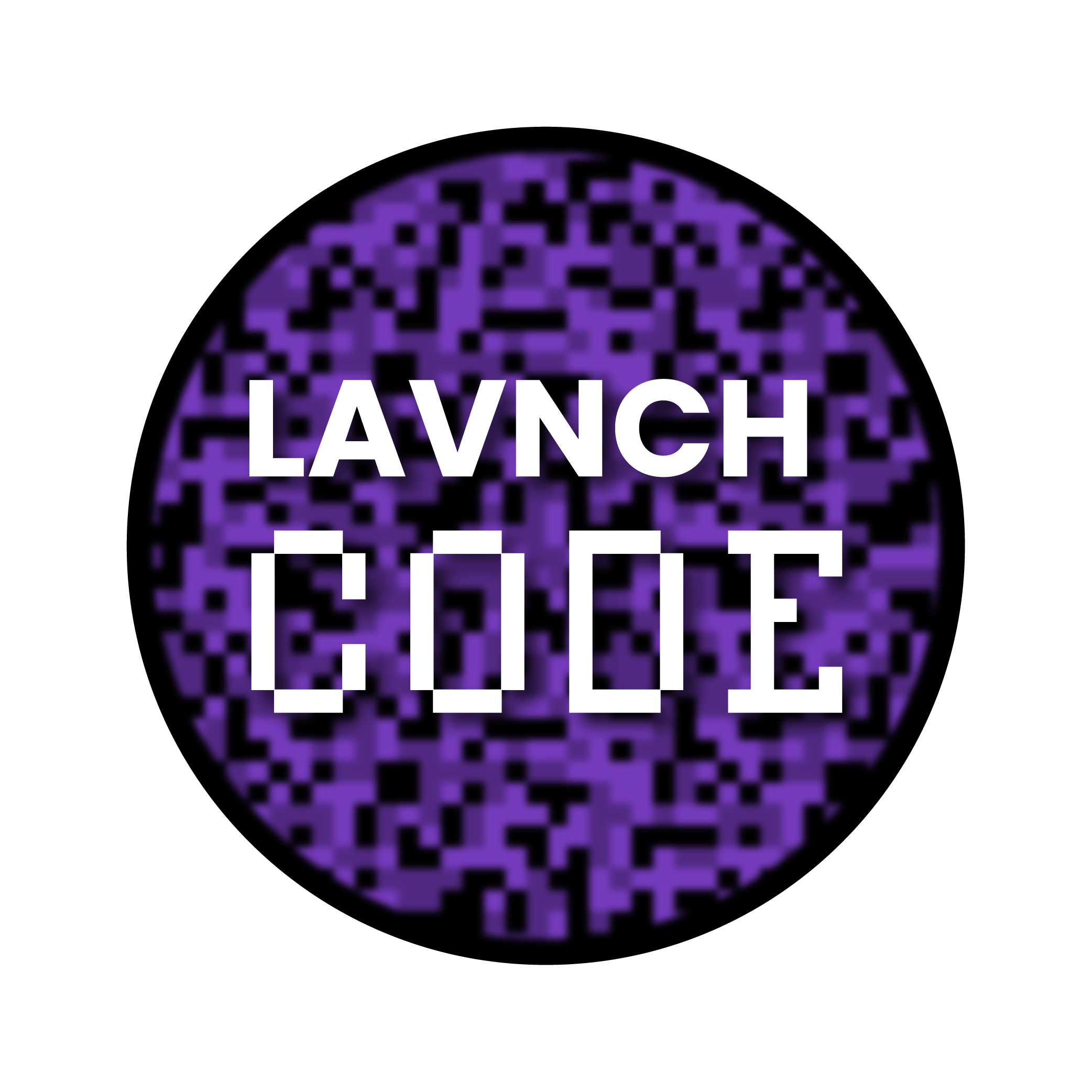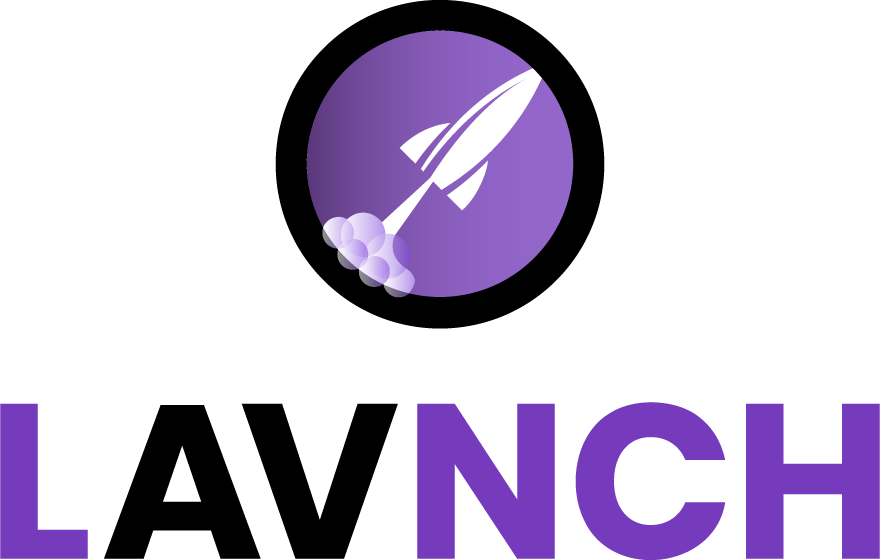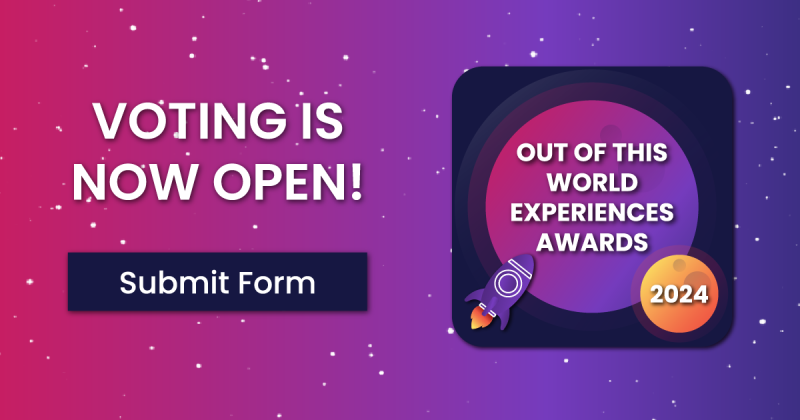
Klaytn Spearheads World’s Largest Blockchain Research Center Program
Klaytn has selected Korea Advanced Institute of Science and Technology (KAIST) and the National University of Singapore (NUS) to host and operate its Blockchain Research Center (BRC) Program. The announcement was unveiled at Korea Blockchain Week by Dr. Sangmin Seo, representative director, Klaytn Foundation during his August 8 keynote “The Technology Layer for Tomorrow’s Metaverse”.
 BRC is a virtual research institute that aims to advance cutting-edge research for blockchain technology, deepen blockchain capabilities, and support industry growth. With a $20M funding commitment from Klaytn over the next four years, BRC is the world’s largest blockchain research center program in terms of known funding size.
BRC is a virtual research institute that aims to advance cutting-edge research for blockchain technology, deepen blockchain capabilities, and support industry growth. With a $20M funding commitment from Klaytn over the next four years, BRC is the world’s largest blockchain research center program in terms of known funding size.
With day-to-day operations run by a global research team, headed by KAIST and NUS researchers as directors, BRC will operate in an open-source manner, where research conducted will be publicly disclosed as research papers or open-source software. External researchers will also be able to participate in ongoing research projects or submit their own proposals. The BRC will share knowledge and research results through community outreach efforts—from conferences to workshops—to carry forward Klaytn’s vision to contribute to the blockchain community.
“In line with Klaytn’s vision to be the bridge from Web2.0 to Web3.0, bridging the latest findings in blockchain between the research community and industry leaders is key for successful real-world applications in DeFi or the metaverse,” said Seo. Through our BRC program, in collaboration with leading minds from KAIST and NUS, we are delighted to take the next step in bringing our vision to life.”
As part of the selection process, interested research institutes and consortiums were required to submit a proposal, outlining the intended operation model and organizational structure for BRC, detailed plans on research and outreach activities, as well as the suggestion evaluation model to measure BRC’s progress.
Seven proposals from 62 research institutes from 11 countries were received. Through a three-round selection process, proposals were evaluated and scored by the Klaytn Governance Council and third-party experts based on their operational competence, as well as research execution and community engagement plans. With the highest score, the research consortium from KAIST and NUS was selected to lead BRC operations.
“We look forward to seeing the Blockchain Research Center develop novel research capabilities for blockchains, foster global collaboration, and expand Klaytn’s research contribution back to the Web3 community and blockchain/distributed ledger technology (DLT) industry,” said Dr. Neo Yiu, head of technology advocacy at Klaytn Foundation.
According to Coindesk’s 2021 University Rankings for Blockchain, NUS and KAIST are among the top 30 out of 230 universities worldwide, ranking in 1st and 26th places respectively. Overall, NUS clinched the top ranking due to its multiple blockchain research centers, societies, partnerships, and conferences, as well as its masters program in digital financial technology.
The KAIST/NUS research consortium is led by Dr. Min Suk Kang, assistant professor, School of Computing, KAIST, and Dr. Prateek Saxena, associate professor, School of Computing, NUS, both of whom hold extensive blockchain research experience. They will work closely with an international team of principal investigators from six other universities—UC Berkeley, Princeton University, Georgia Institute of Technology, Northern Arizona University, Yonsei University, and Carnegie Mellon University—to conduct BRC’s research and outreach activities.
“The BRC will deepen the research foundations of blockchain designs and applications. Together with Klaytn, we are delighted to be collectively creating an international platform for impactful research and to advance the global discourse on blockchains,” Saxena said. “We are excited that researchers from eight leading international universities have come together towards this shared purpose, creating a unique initiative in the blockchain space.”
“Our world-class blockchain researchers at the Blockchain Research Center will contribute to the seven pillars of blockchain research: consensus, privacy, network, smart contracts, DeFi, economics/ethics, and metaverse,” added Kang. “To further the mass adoption of blockchain technology, the cross-pollination of ideas is key. Through the BRC, we look forward to fostering research and industry collaborations with like-minded participants around the world.”
More information about the Blockchain Research Center can be found here.







